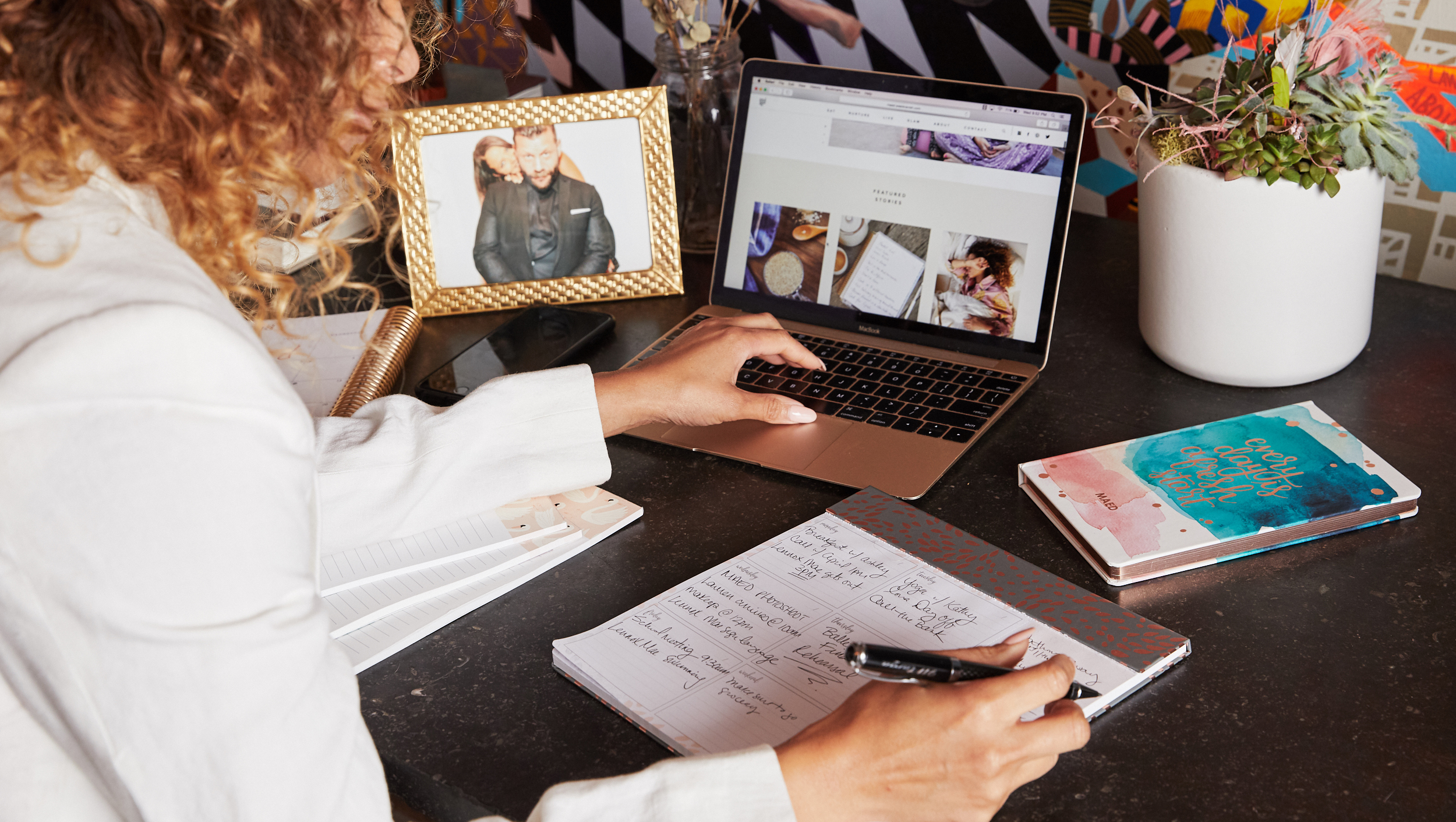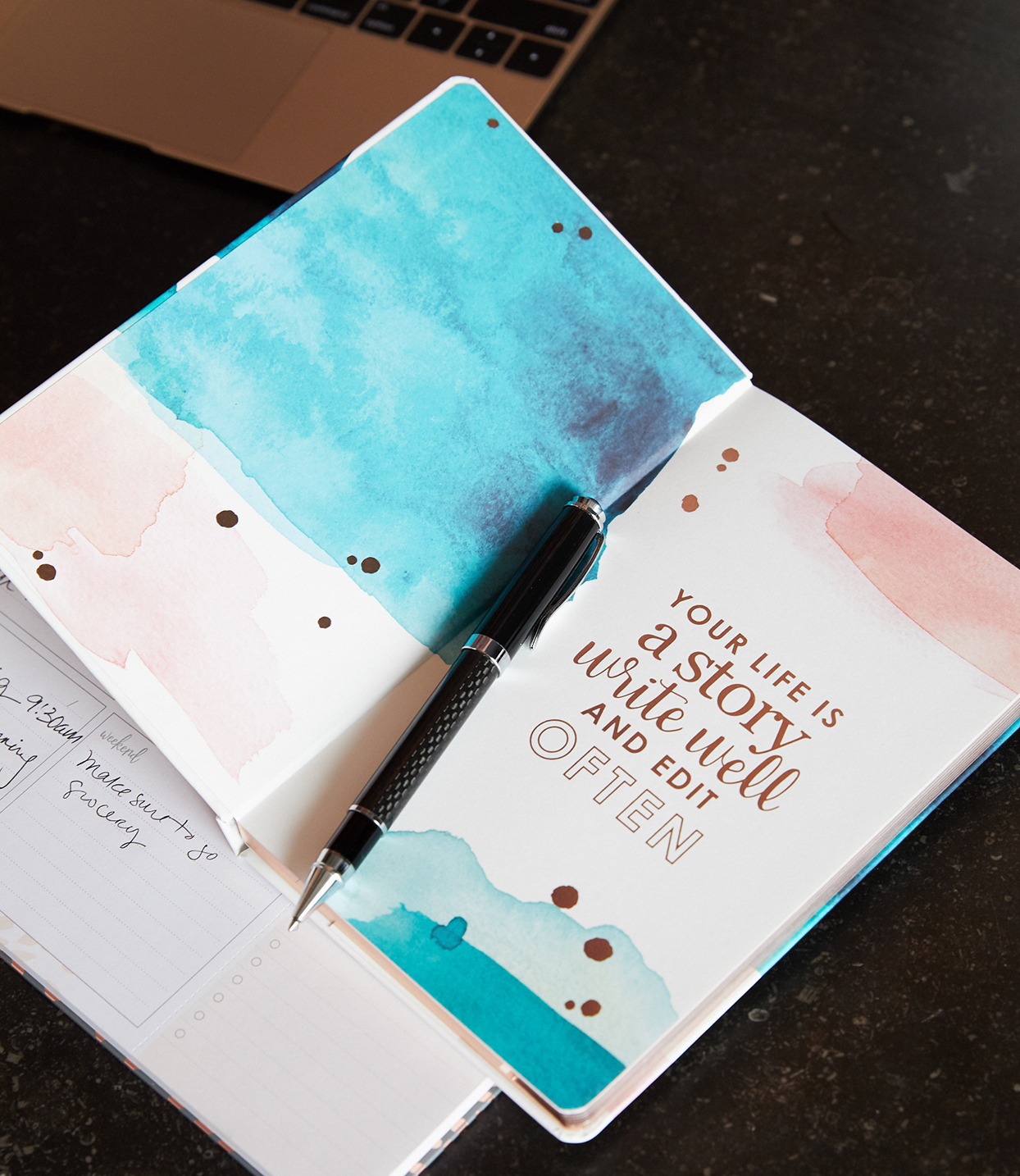Creating a Happy Work Environment
Dr. Deepika Chopra
The fact is, the majority of us work. Whether this is a need or a want, or in many cases both, we spend the majority of our week working. Some of us work in corporate offices, some of us in home offices, some of us at coffee shops and some of us at co-working spaces. According to the Bureau of Labor Statistics, the average American works 8.8 hours every day. With such a large portion of our lives “at work,” it is imperative to invest some time and energy into figuring out ways to increase our happiness while there, wherever that may be.
Get Personal
Personalizing your space helps to create physical and emotional comforts in an environment that can be sterile, lacking privacy or inspiration (all sources of workplace fatigue and unhappiness). Psychological research has found that creating a place of your own resulted in enhanced mental resources, decreased stress, better coping abilities and increased positive cognitive and affective states (Laurence, et al 2013). So, bring in those family pictures, an (oxygen-cleaning) plant, your own chair, your favorite pen, your go-to essential oil blend, favorite coffee mug, a jade roller, your favorite hand cream or Beyonce poster — do they even make posters anymore? The point is, get personal. Make your workspace all yours; it will make you happier!
Let There Be Light
Offices are notorious for BAD LIGHTING, not just bad selfie lighting but bad for your emotional well-being lighting. Sometimes we don’t have a choice, but just being able to add more sources of natural light alone can help increase mood, motivation, better sleep and productivity. A study done at Northwestern University found that workers exposed to natural light at the office slept on average 46 minutes longer throughout the night than those who were not! If a window is not what you are lucky enough to have near your desk, try to take all your breaks outdoors, under sunlight!
Get Up!
With the rising popularity of stand or walk desks and the offering of yoga and stretching classes at the office, the work culture is starting to understand the detriments of a sedentary lifestyle. Sitting or even standing without moving for several hours can cause decreased mood, memory loss and slower brain processing speed… not to mention the many physical side effects. As organisms, we follow the ultradian rhythm cycle and our brains can only really focus on something for 90-120 minutes at a time. With that in mind, to increase the chance for your brain and body to reach optimal happy vibes during the workday, get up and move around — even if just for a few minutes every 90 minutes!
Focus on Strengths
We are hyper aware of what we can improve on, especially at work. While this is without a doubt useful and part of the productivity process, we don’t spend nearly enough energy highlighting the things we are doing well or are good at. The more time you spend being mindful of what you are doing positively and the more you help to point this out for your colleagues, the happier you will be and the greater your chances are of experiencing success.
Clear Intentions
We are all familiar with the idea of setting goals, but many of us are unaware that there is actually a mastery to this that can be learned. Having clear, actionable, measurable and intentional goals are one of the best ways to increase happiness in the workplace. When you’re able to focus on what you are working towards, your brain kicks into gear with the necessary problem-solving skills you will need to achieve successful outcomes. It’s easier for many of us to create the big picture, larger goals — but don’t underestimate the benefit of small, short term goals. Being able to come up with these and check them off your list along the way is a noteworthy hallmark of happy people!
Deepika Chopra, OPTIMISM DOCTOR™️ specializes in what she coins as “evidence based manifestation”, helping people live a life more congruent to what they want from a scientifically researched perspective. Dr. Chopra holds a doctorate in clinical health psychology, with a special interest in wellness and optimism. In her clinical training, Dr. Chopra studied the connection between mind/body and innovative cognitive behavioral strategies and completed her formal dissertation on the topic of optimism, positive sensory visualization and the connection to optimal well-being.







